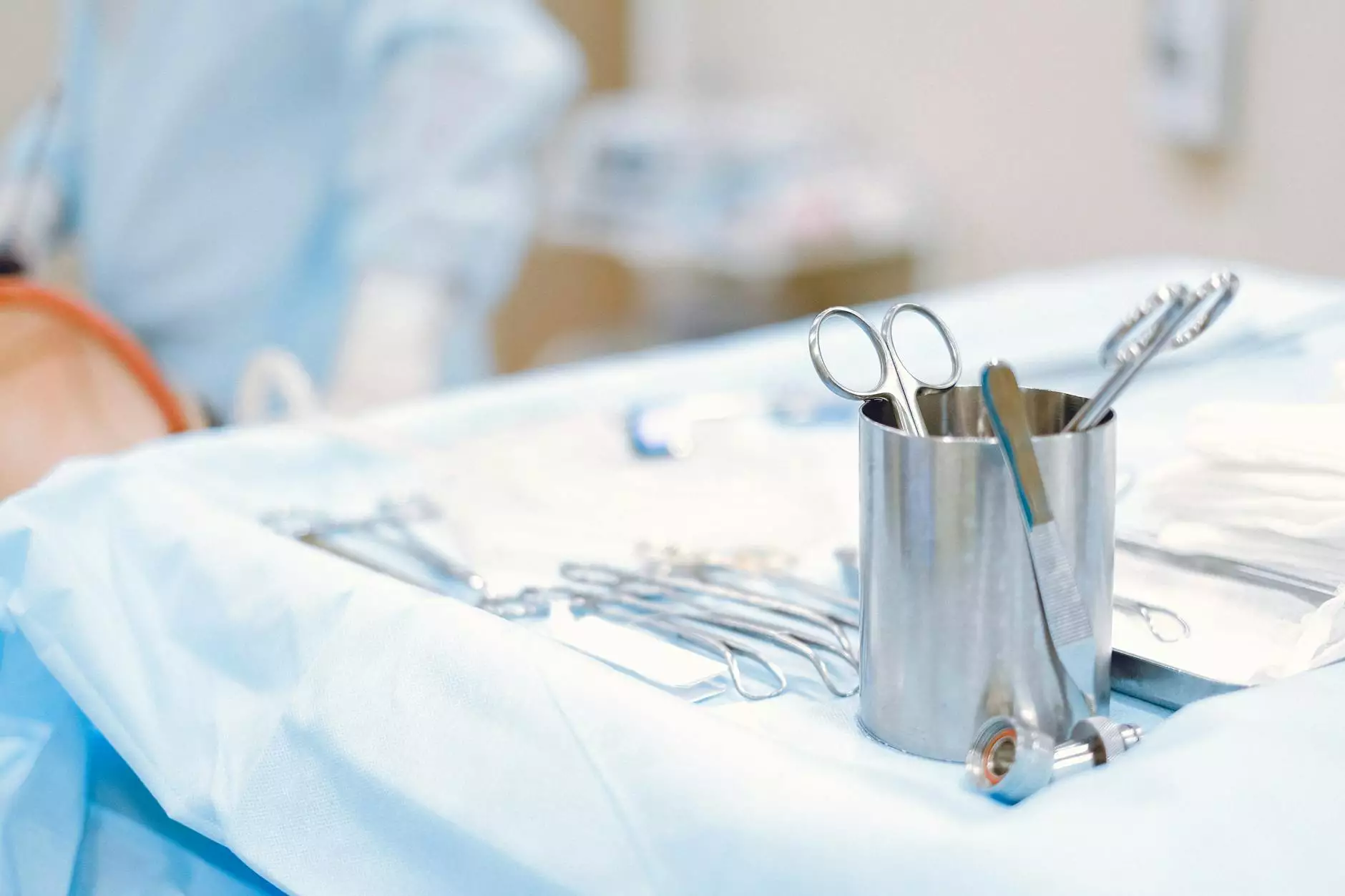The Vital Role of Lung Cancer CT Scans in Early Detection

Lung cancer remains one of the most prevalent and deadly cancers worldwide. According to the World Health Organization (WHO), lung cancer causes more deaths than breast, prostate, and colorectal cancers combined. With the advent of advanced diagnostic technologies, tools like the lung cancer CT scan have become essential in detecting this disease in its early stages, significantly improving treatment options and outcomes.
What is a Lung Cancer CT Scan?
A lung cancer CT scan, or computed tomography scan, is a sophisticated imaging technique that provides detailed cross-sectional images of the lungs and other structures within the chest. Unlike standard X-rays, which offer a limited view, CT scans use advanced technology to create high-resolution images that can reveal even the smallest tumors or abnormalities.
The process involves taking multiple X-ray images from different angles and then using computer processing to create comprehensive two-dimensional (2D) or three-dimensional (3D) representations of the lung tissues. This technique is vital for early detection of lung cancer, as it can identify tumors as small as a few millimeters.
Why is Early Detection Crucial?
Early detection of lung cancer can significantly increase the chances of successful treatment and survival. Here are a few reasons why prompt identification is essential:
- Better Treatment Outcomes: Cancers detected in the early stages are generally less advanced and can be treated more effectively.
- Higher Survival Rates: Studies show that patients diagnosed at the earliest stages of lung cancer can have five-year survival rates exceeding 50%.
- Less Invasive Treatments: Early-stage lung cancer may be treatable with surgery or targeted therapies rather than extensive chemotherapy or radiation.
Who Should Get a Lung Cancer CT Scan?
Identifying individuals who may benefit from a lung cancer CT scan is critical in improving overall health outcomes. The following groups should consider screening:
- Current or Former Smokers: Adults aged 55-80 years who have a significant smoking history (30 pack-years or more).
- Individuals with a Family History: Those with a family history of lung cancer should discuss their risks with a healthcare provider.
- People with Persistent Symptoms: Individuals experiencing persistent cough, unexplained weight loss, or respiratory issues may need further evaluation.
Preparing for a Lung Cancer CT Scan
Preparation for a lung cancer CT scan is relatively straightforward, but following your healthcare provider's instructions is crucial:
- Inform Your Doctor: Notify your doctor about any medications you are taking and if you are pregnant or breastfeeding.
- Avoid Food Before the Scan: In some cases, you may be advised to avoid eating or drinking a few hours before the procedure.
- Wear Loose Clothing: Opt for comfortable clothing that doesn’t contain any metal fasteners, as metal can interfere with imaging.
The CT Scanning Process
The actual CT scanning process is quick, non-invasive, and painless. Here is what to expect during your appointment:
- Positioning: You will lie on a narrow table that slides into the CT scanner. The technician will position you to ensure the best images are captured.
- Scan Execution: The scanner will rotate around you, taking images. You may be asked to hold your breath briefly to avoid motion blur during this time.
- Contrast Material: Depending on the imaging requirements, a contrast dye may be injected into your bloodstream to enhance visibility of the organs.
- Duration: The imaging process typically takes about 10-30 minutes, including preparation time.
Understanding the Results
After undergoing a lung cancer CT scan, the images will be analyzed by a radiologist, who will prepare a report detailing their findings. Here’s what to expect:
- Normal Findings: The absence of any lung nodules or tumors indicated that there are no immediate concerns.
- Abnormal Findings: The discovery of nodules or other anomalies might require further evaluation through additional imaging tests, biopsies, or scans.
Managing Anxiety Related to Lung Cancer Screening
It's common to feel anxious before and after undergoing a lung cancer CT scan. Here are some strategies to manage that anxiety:
- Educate Yourself: Understanding what a CT scan entails can alleviate some fears. Knowledge empowers you.
- Talk to Your Doctor: If you have concerns about the scan or the implications of potential findings, discuss these with your healthcare provider.
- Consider Relaxation Techniques: Practices such as deep breathing, meditation, or gentle yoga can help calm your mind.
After the CT Scan: Next Steps
Post-scan, it’s essential to follow up with your healthcare provider to discuss the results. The next steps might include:
- Further Testing: If nodules are present, your doctor may recommend follow-up scans at regular intervals to monitor any changes.
- Treatment Options: If cancer is diagnosed, your healthcare team will guide you through available treatment options, including surgery, chemotherapy, or radiation.
Conclusion
In conclusion, the lung cancer CT scan is a powerful tool in the early detection and management of lung cancer, offering hope for better treatment outcomes and higher survival rates. Understanding its importance can help empower individuals to take control of their lung health.
At Hello Physio, we prioritize patient health and well-being. If you have concerns regarding lung cancer or require more information about CT scans and related services, don’t hesitate to reach out to our team. Together, we can navigate your health journey effectively.









